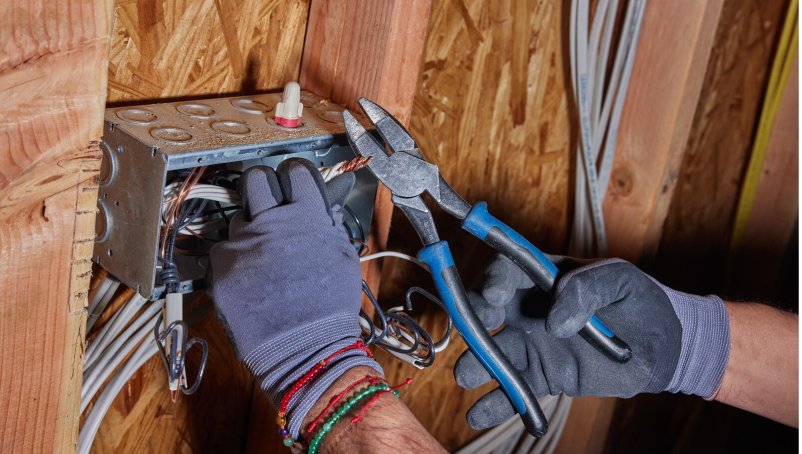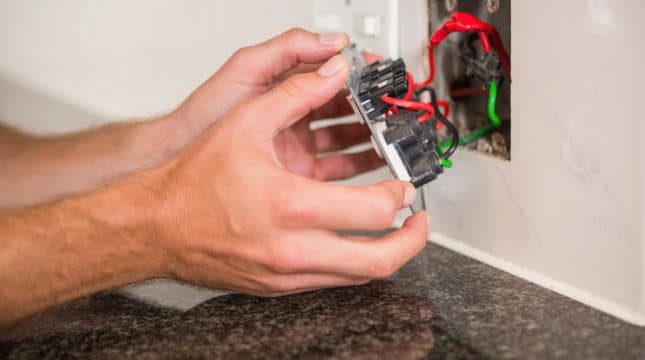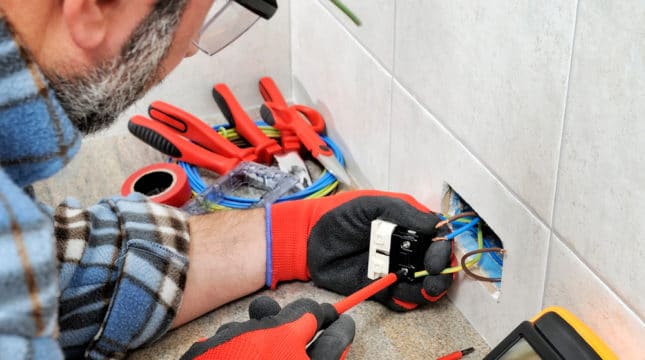How long does it take to get your electrician license?
PSI typically takes about 30 to 90 days to review applications. Once approved, you may sign up to take your exam at your earliest convenience. PSI administers tests at sites located in Auburn, Boston, Fall River, Lawrence and Springfield.
If you pass the test, PSI prints and issues your license on site. You must pay the license fee ($104 for journeyman and $155 for master) in advance or at the test site to receive your license after the exam.
Massachusetts license renewal requirements
You must renew your Massachusetts electrician license online every three years. Before you can complete your renewal, you must complete 21 hours of continuing education courses, 15 hours of which must cover the current Massachusetts electrical code.
You will receive a renewal notice about six weeks before your license expires. This notice will include instructions for submitting your continuing education verification and renewal payment ($78 for journeyman and $117 for master).
Massachusetts electrician license reciprocity
The Massachusetts Board of State Examiners of Electricians has a reciprocity agreement with New Hampshire, which also offers both journeyman and master license options. Massachusetts applicants may apply for the same level of license that they currently hold in New Hampshire.
You must submit the following in order to apply for a Massachusetts electrician license by reciprocity:
- A copy of your current New Hampshire license
- A letter of good standing from the New Hampshire Board
- A recent, passport-quality color photo
- A notarized Criminal Offender Record Information (CORI) authorization form
- Documentation that you completed a 150-hour master electrician program (for master license only)
The cost to apply to become a licensed electrician by reciprocity is $208 for a journeyman license and $310 for a master license.
What kind of insurance does an electrician need in Massachusetts?
You can help protect your business with electrician insurance. The type of insurance that’s right for you depends on whether you own a business or need self-employed electrician insurance. Take a look at these common insurance options for electricians.
Workers’ compensation insurance
All employers in Massachusetts must have workers’ compensation insurance. This can help provide coverage for costs related to workplace injuries, like lost wages and medical expenses.
General liability insurance
General liability insurance can help protect your business in the event of a work-related accident, such as damage to someone’s property or a customer injury.
Tools and equipment insurance
Tools and equipment insurance can help provide repair and replacement coverage for work gear that has been damaged, stolen or lost.
Commercial auto insurance
If you drive a vehicle for work, commercial auto insurance can help cover accident-related costs like repairs, towing or an underinsured motorist.
Commercial property insurance
Commercial property insurance can help provide coverage for your work property, including physical spaces that you own or rent and inventory and equipment.
How NEXT supports Massachusetts electricians
NEXT Insurance is 100% dedicated to small businesses. We’ll help you get affordable electrician insurance to satisfy state laws and protect your business.
All our services are available online, meaning you can apply for coverage and get a certificate of insurance in minutes. You can share unlimited digital certificates for no additional charge from anywhere, including job sites.
While your work as an electrical contractor may be challenging, your insurance doesn’t have to be.
Get an instant quote online today.







